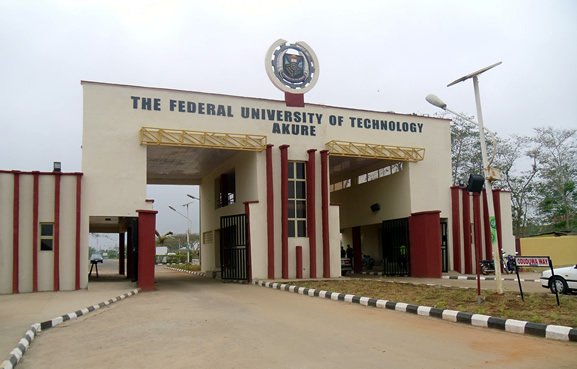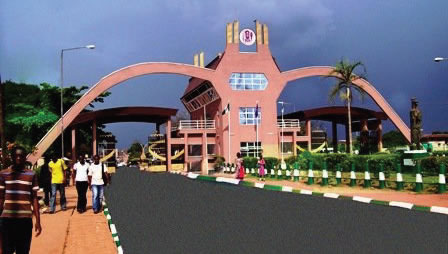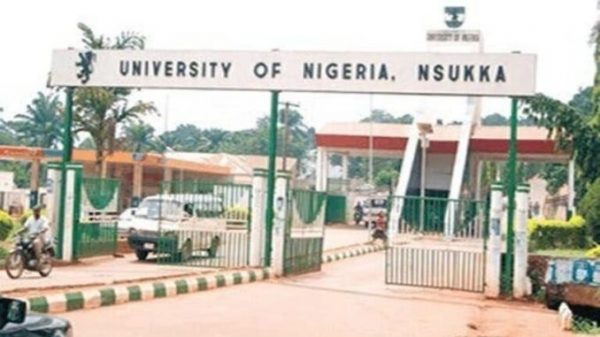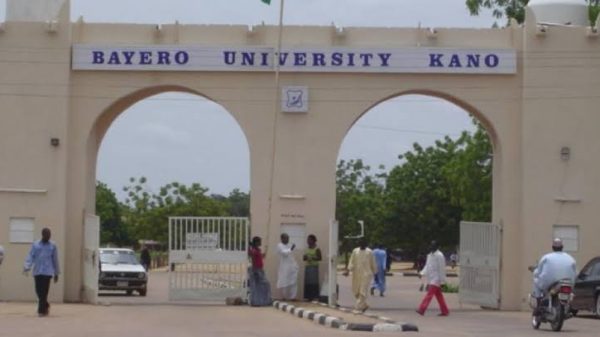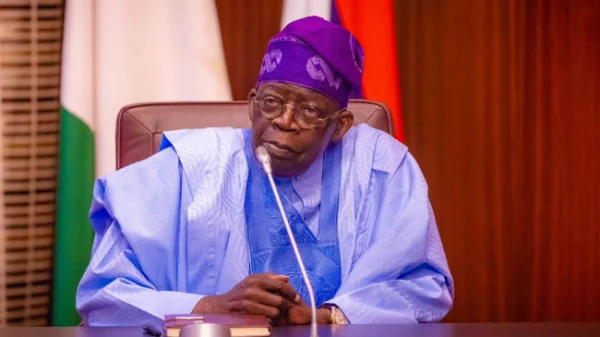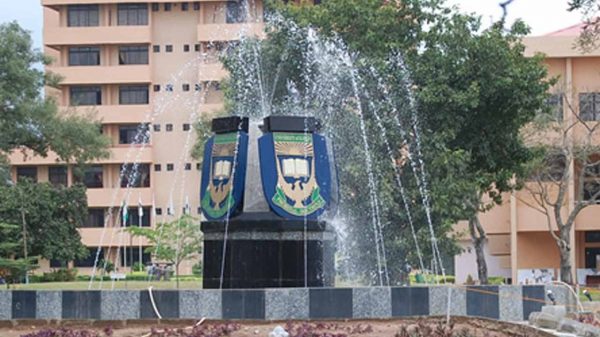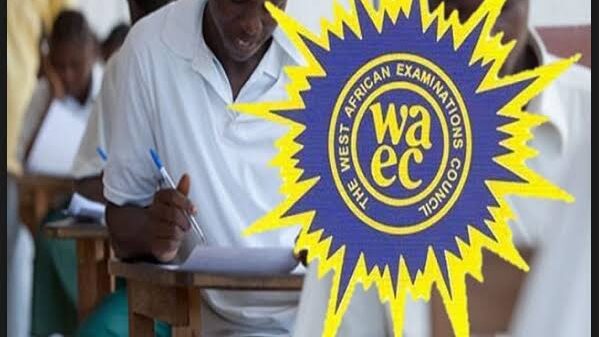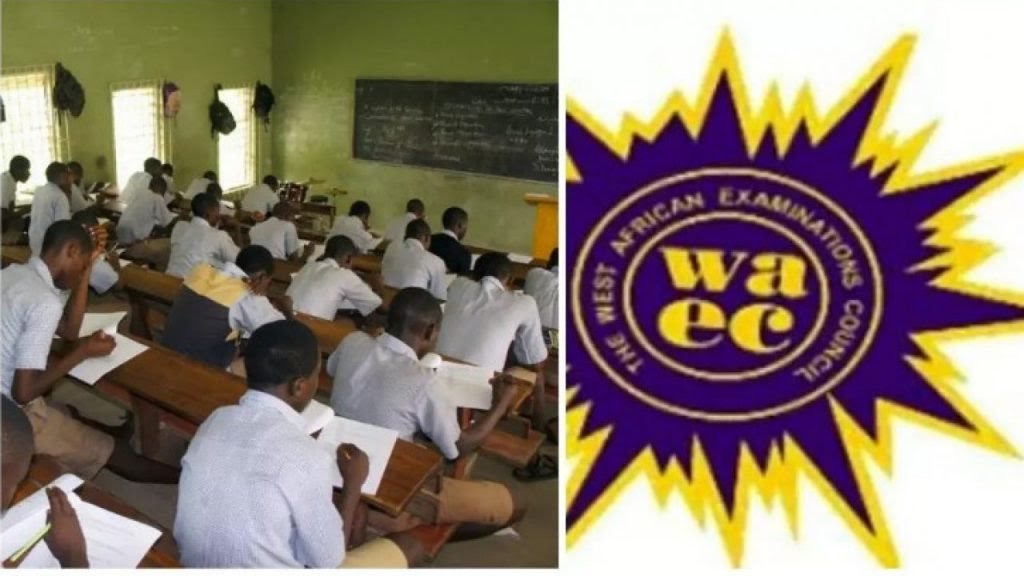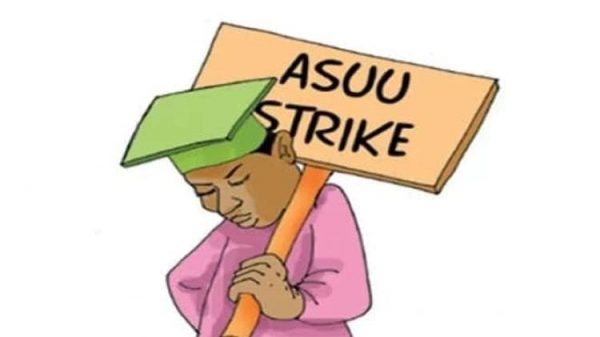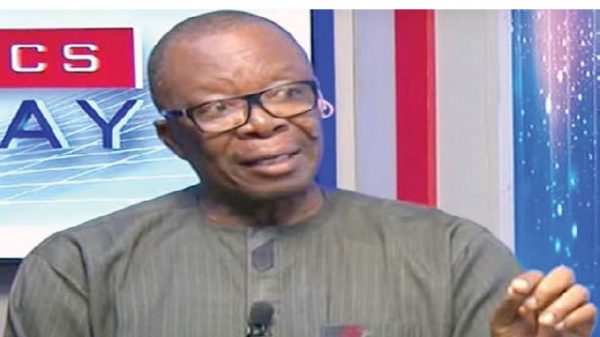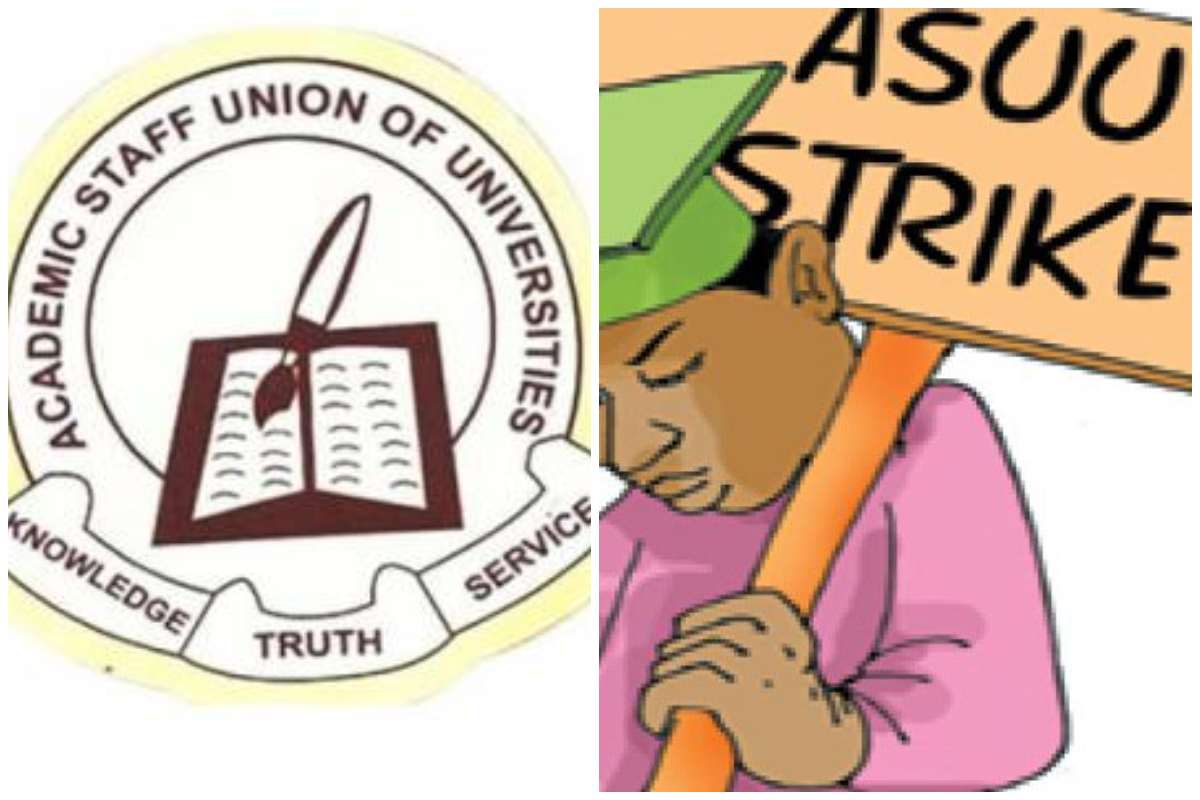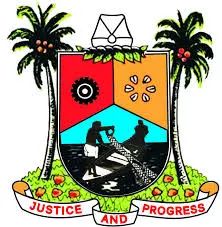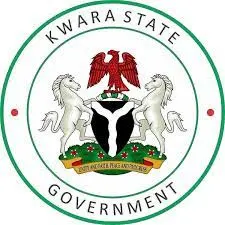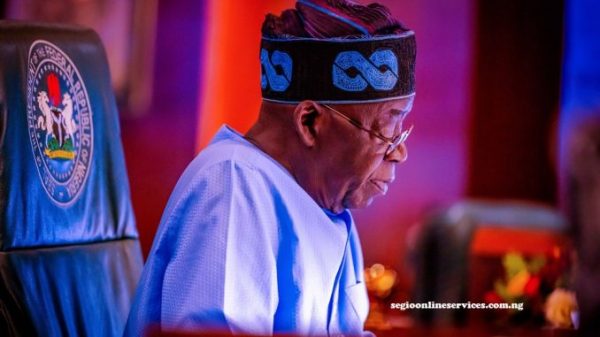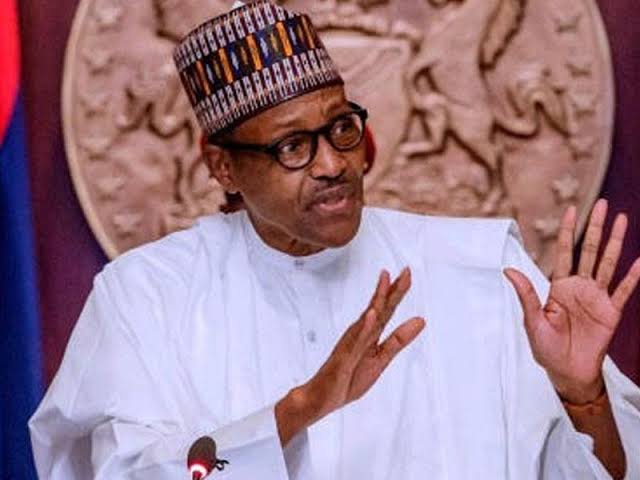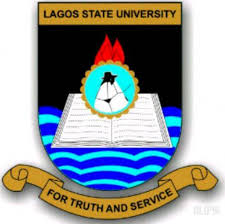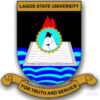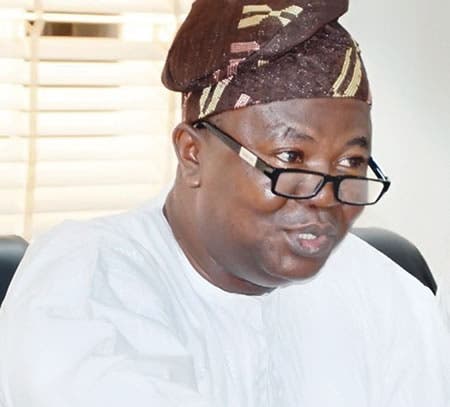An end to the strike by university teachers may be in sight.
There were strong indications yesterday that they may get a 100 per cent pay rise.
President Muhammadu Buhari has decided to wade into the protracted crisis.
He may meet all those involved in the negotiation before opening talks with the Academic Staff Union of Universities (ASUU).
The union’s position has been strengthened by the massive support it is getting from critical stakeholders.
The Nigeria Labour Congress (NLC) had directed its state councils to mobilise for a protest in support of ASUU next Tuesday and Wednesday.
The Association of Nigeria Aviation Professionals (ANAP) yesterday threatened to shut down the airports in solidarity with the striking lecturers.
Also, the Coalition of Northern Groups Students Wing (CNG-SW) directed the 19 northern state chapters to mobilise students and parents to join the NLC protest.
The National Union of Banks, Insurance and Financial Institutions Employees (NUBIFIE) said it would join the protest.
National Universities Commission (NUC) Executive Secretary Prof. Abubakar Rasheed warned against weakening the university system, which he said was critical to economic development.
But, the Permanent Secretary, Federal Ministry of Education, Andrew Adejo, expressed confidence that the strike would end soon.
The lecturers have been on strike since February 14.
The Nation learnt that the Federal Government has shifted its position on the percentage of salary increase.
A committee led by the Pro-Chancellor of the Federal University of Lokoja, Prof. Nimi Briggs, had recommended a 180 per cent pay rise for lecturers.
The Briggs panel has been renegotiating the 2009 pact with ASUU.
But the government was said to have favoured a 100 per cent increase, although options were still being weighed at a meeting last night.
A source, who spoke in confidence with our correspondent, said the Federal Government and ASUU may reach an amicable agreement in a “short time.”
The source said: “So far, the government may concede to a 100 per cent salary increase for the striking lecturers. This is a key part of the ongoing review of the 2009 FG-ASUU agreement.
“The payment of all outstanding allowances will be mutually agreed upon by both parties based on the nation’s economic situation.
“This is why the government is bringing in some ministries and parastatals to the negotiation table.
“They include the ministries of finance, education, labour and employment, Budget Office of the Federation, Office of the Head of Service of the Federation and National Salaries, Income and Wages Commission.”
The source also confirmed that President Buhari has decided to intervene by meeting with all the parties.
The source said the President will in the next few days receive a brief from the Federal Government negotiating team before having an audience with ASUU.
The source added: “The President has chosen to personally intervene to ensure that universities are reopened in the shortest time possible.
“Once he gets an update on the negotiation, he will meet with ASUU leaders to harmonise offers.”
A senior government official said: “The government is determined to end the strike in a short time.”
Aviation union threatens airport shutdown
ANAP’s threat to shut down the airports came five days after a sister union, the National Union of Air Transport Employees (NUATE), issued a similar notice.
In a statement by its General Secretary Abdulrasaq Saidu, ANAP called on President Buhari to end the strike without further delay.
It said the protracted strike has increased social vices as students now engage in activities capable of destroying their future.
It said the over four-month strike has ridiculed Nigeria’s educational system and made it a laughing stock.
ANAP said education remained the bedrock of any country aspiring for greatness, noting that the ASUU strike will eventually lead to a regrettable situation in future if not well-handled.
“Our retreat must, therefore, identify and support ongoing efforts by government and the ministry of education to end this strike by putting credible measures of ensuring stability in our campuses.”
We’re working to end strike
Adejo told reporters on the sidelines of the 81st Plenary Meeting of the Joint Consultative Committee in Education (JCCE) in Yola, the Adamawa State capital, that the government was working to end future strikes.
“The government is doing everything to make sure that ASUU members return to work.
“I can assure you that government isn’t asleep over our children not being in school.
“Issues being discussed are such that when perfected, ASUU will not have to ever go on strike again,” he said.
Adejo added that the College of Education Academic Staff Union (COASU), whose members have also been on strike, would soon return to work.
“COASU is very likely to call off its strike soon because the issues are being addressed and discussions have gone far,” he added.
Why ASUU is on strike
ASUU called out its members on a one-month strike on February 14 over the non-implementation of the Memorandum of Action (MoA) it signed with the Federal Government.
It is also protesting the insistence of the government to adopt the IPPIS as a payment platform for all federal workers.
The union proposed the University Transparency and Accountability Solution (UTAS) as an alternative platform following discrepancies in the use of IPPIS.
It embarked on a two-month warning strike on March 14 and a subsequent three-month action at the expiration of the first two.
Parties are yet to find a common ground despite repeated assurances by Minister of Labour and Employment, Dr Chris Ngige, that the strike would soon be over.
Last week, the Federal Government accused ASUU of unilaterally fixing the salaries of lecturers through the Nimi Briggs Committee to the exclusion of the statutory government ministries and agencies that manage finances.
It said the committee’s proposal of a 109-185 per cent wage increase would cost N560billion in salaries alone, up from N412billion, which the government claims it cannot afford.
The Socio-Economic Rights and Accountability Project (SERAP) had urged President Buhari to “urgently recover missing N105.7billion of public funds from ministries, departments and agencies (MDAs) to fund the country’s public tertiary institutions and meet ASUU’s demands”.
It added: “Pending the recovery of the missing public funds, we urge you to redirect some of the presidency’s budget of N3.6 billion on feeding and travels, and the N134 billion allocated to the National Assembly in the 2022 budget to meet the demands by ASUU.”
SERAP also urged the President to send to the National Assembly a fresh supplementary appropriation bill, which reflects the proposed redirected budget, for its approval.
About Author


